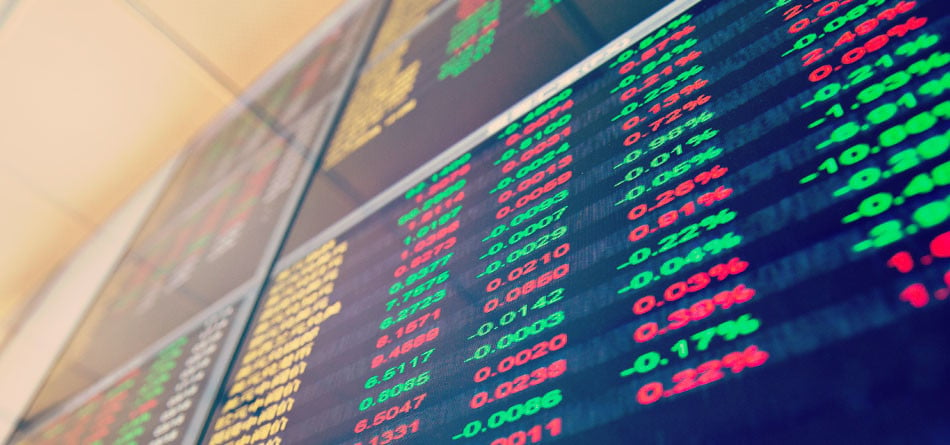A conversation about 'futurization' would be incomplete without discussing the recent past, according to George Harrington, global head of fixed income, FX and commodity trading at Bloomberg.
“The biggest change in recent years is mandated electronic trading of MAT (Made-Available-to-Trade) swaps and reporting for all swaps,” Harrington told Markets Media. “Because of footnote 88, multilateral trading platforms had to register as SEFs (Swap Execution Facilities) if they allow swaps to trade on their platforms.”
The move from swaps to swap futures has happened to a smaller degree than anticipated, but “we're in a pretty dynamic time as far as significant structural changes in the swaps market,” he said.
Harrington will speak at Markets Media’s Chicago Trading & Investing Summit on Sept. 23.
The Bloomberg SEF, which offers "all-to-all" trading, has seen particularly strong adoption in the client-dealer space, with more than 900 firms signed on. “We are currently connected to the three major clearing houses and the main credit hub, and the system is up and running very well,” Harrington said. “We're also working with the CFTC on our final review for permanent registration of the SEF and hope to see that process completed soon.”
Futures Commission Merchants play a pivotal role in facilitating trading by providing non self-clearing members access to the clearing houses operated by CME, ICE and LCH, to which the Bloomberg SEF is connected. FCMs also use credit checking facilities to provide limits that enable SEFs to facilitate pre-trade credit checks.
Before mandatory clearing, which applies to some swaps today, market participants didn't need an FCM to do a trade. “Access to a clearing house was not necessary, so it's a big change and a tremendous amount of work,” said Harrington.
The vertical clearing model is viable and will remain so for the long term, he adds. As a SEF, Bloomberg needs to maintain strong links with the clearing houses to continue to provide a cost-effective solution for its customers.
The SEF rules require an order book. “We're starting to see a pickup in order-book activity, which is pretty exciting,” said Harrington. “Also, there will be some exemptive relief expiring in November for packaged transactions, and we we're going to be adding additional functionality so we can trade those products on our SEF. We have also seen demand for larger groups of unwind trades or trade compression, where we're adding functionality as well.”
Featured image via Dollar Photo Club














